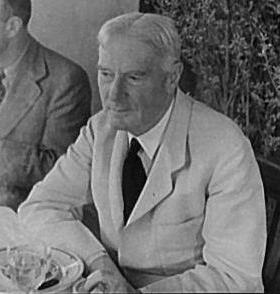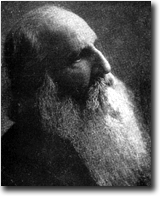A Quote by Johann Wolfgang von Goethe
If man thinks about his physical or moral state he usually discovers that he is ill.
Related Quotes
Some persons hold that, while it is proper for the lawgiver to encourage and exhort men to virtue on moral grounds, in the expectation that those who have had a virtuous moral upbringing will respond, yet he is bound to impose chastisement and penalties on the disobedient and ill-conditioned, and to banish the incorrigible out of the state altogether. For (they argue) although the virtuous man, who guides his life by moral ideals, will be obedient to reason, the base, whose desires are fixed on pleasure, must be chastised by pain, like a beast of burden.
The individual man, in introspecting the fact of his own consciousness, also discovers the primordial natural fact of his freedom: his freedom to choose, his freedom to use or not use his reason about any given subject. In short, the natural fact of his "free will." He also discovers the natural fact of his mind's command over his body and its actions: that is, of his natural ownership over his self.
MORAL LAW, Evidence of.- Man has been subjected by his Creator to the moral law, of which his feelings, or conscience as it is sometimes called, are the evidence with which his Creator has furnished him. ... The moral duties which exist between individual and individual in a state of nature, accompany them into a state of society ... their Maker not having released them from those duties on their forming themselves into a nation.
Sydney discovers that she minds the loss of her mourning. When she grieved, she felt herself to be intimately connected to Daniel. But with each passing day, he floats away from her. When she thinks about him now, it is more as a lost possibility than as a man. She has forgotten his breath, his musculature.
The goal of mankind is knowledge ... Now this knowledge is inherent in man. No knowledge comes from outside: it is all inside. What we say a man 'knows', should, in strict psychological language, be what he 'discovers' or 'unveils'; what man 'learns' is really what he discovers by taking the cover off his own soul, which is a mine of infinite knowledge.
When a man thinks about a woman he thinks about love, he never thinks about marriage. When a woman thinks about a man, she thinks about marriage. Love is secondary, security is first. She lives in a different kind of world - maybe in the future she may not, but in the past the only problem for the woman was how to be secure.






































